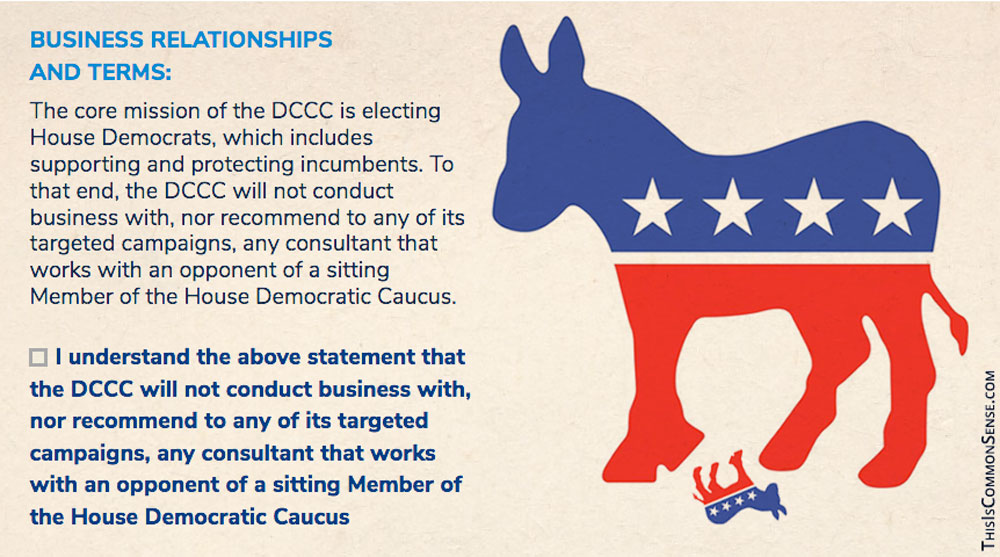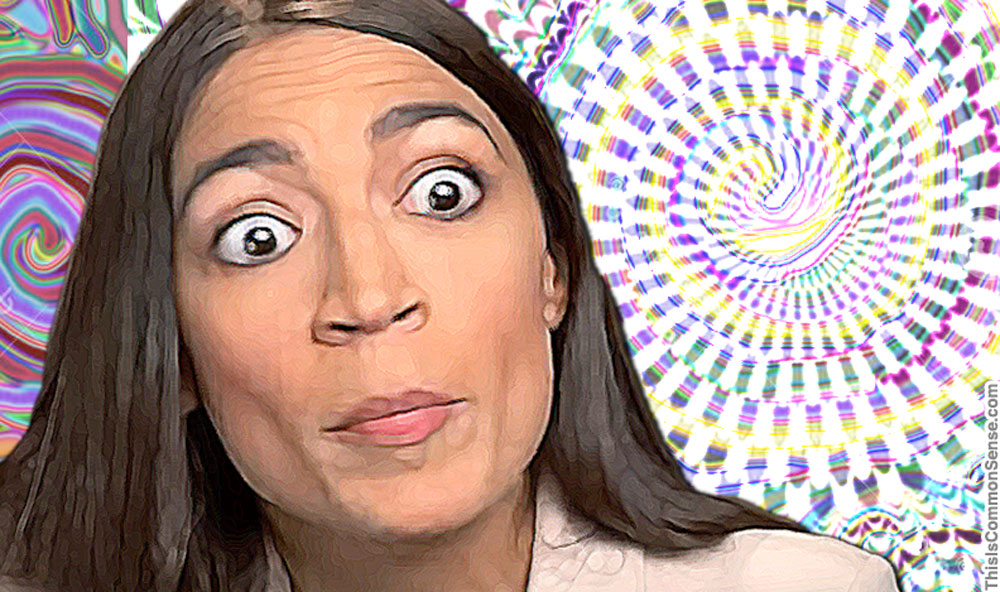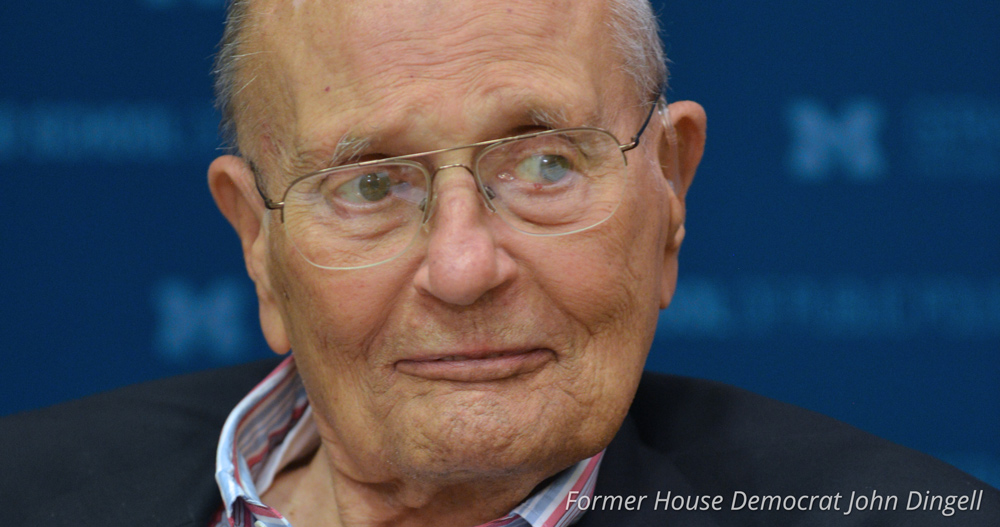Back in 2016, this commentary was perhaps the first howl in the political wilderness against the unfairness of the Democratic Party’s use of “superdelegates” — office holders and party officials who by party rules automatically serve as unelected but voting delegates at the national convention . . . which chooses the presidential nominee.
Four years ago, the superdelegates, who account for roughly 15 percent of the total delegate vote, favored Hillary Clinton over Bernie Sanders by an incredible 97 to 3 percent.
Fast forward to 2020 and Dems have made what DNC Chair Tom Perez called “historic” changes to this ‘super-delegation’ — now referred to as “automatic” delegates. These non-elected insiders may not vote on the first ballot.
That’s a big deal.
But with so many candidates still in the contest, and those contests front-loaded — next week’s Super Tuesday features primaries in 14 states, including populous California and Texas — it appears unlikely that any candidate will garner a majority of delegates on the first ballot.
And next come the superdelegates.
And, again, they are likely to hurt the Vermont senator.
“Sanders . . . could win the most pledged delegates — those allocated on the basis of votes during the marathon Democratic primaries,” explains The Guardian, “but be swindled, at the last, by the Democratic party elite.”
That is not all. “DNC members discuss rules change to stop Sanders at convention,” reads a recent Politico headline.
Reporting from the “sidelines of a DNC executive committee meeting,” Politico discloses discussions regarding “the possibility of a policy reversal to ensure that so-called superdelegates can vote on the first ballot at the party’s national convention.”
Democratic process does not appear to be the Democrats’ strong suit.
This is Common Sense. I’m Paul Jacob.

—
See all recent commentary
(simplified and organized)










